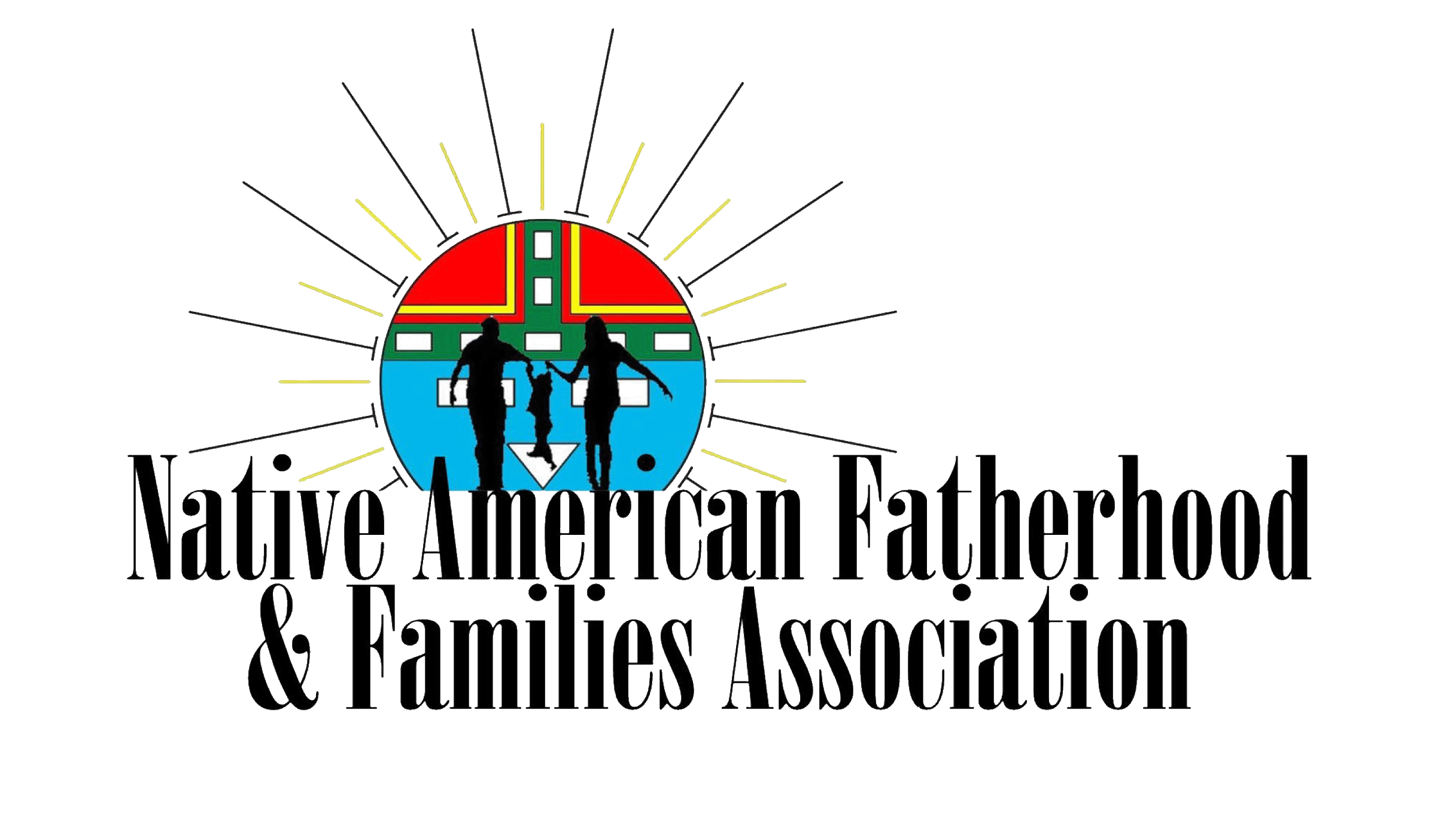“I forgive you” is sometimes a difficult phrase to say out loud. Not only for us to forgive others when we think we have been wronged, but to forgive ourselves for making mistakes. It is an action which is an ongoing part of life.

Mistakes, offenses and unfair judgments often cause misunderstandings and create conflicts. If we are not careful, this can turn into resentment and can even grow into hatred. True forgiveness brings peace of conscience and peace of mind which can eliminate sorrow, guilt, shame and self-condemnation. This forgiveness provides a solid foundation for happiness and has a direct impact on our self-worth.
Sometimes when we are hurt by someone, we want to hurt them back. This hurt can be as a millstone around our necks, weighing us down emotionally. We need to start down the road to forgiveness, even an inch at a time. It won’t happen overnight, but we can help ourselves to lighten the load if we just take baby steps in the right direction.
One aspect of forgiveness we might not consider is fairness. Fairness demonstrates our ability to conform to rules and standards. Showing fairness works by being able to forgive. Forgiveness is important because it allows us to feel more deeply and gives us the ability to recognize what is truly important in our lives. When we forgive ourselves and others, we are blessed with joy and peace in finding solutions to life’s problems, but it is easier said than done.
Restitution does help us and helps the one who hurts us. We can help pay our debts by striving to live a positive and obedient life. True restitution is not a punishment. It is a willingness to change our old ways for a better and improved life.
When we go through the process of forgiving we can sometimes feel guilty that we still remember. We can forgive without forgetting and still feel the relief. Healing wounds, learning our lesson and giving ourselves permission helps us start this process.
1. Heal wounds: Heal the wounds created from the dreaded act so you are no longer suffering. No matter what happens or how you feel, don’t hold on to your anger or feelings. Our emotions need space to breathe.
2. Learn the Lesson: Reflect on what happened and why. Learn your lesson so you can prevent the same situation happening again. History shouldn’t repeat itself.
3. Forgiveness is a gift: Forgiveness is a gift you give to yourself. This gives yourself permission to move on. Try repeating in your mind, “I give myself permission to forgive _____.” It could be yourself or another person. This little exercise can be an incredible relief and you can begin to be the best version of yourself.
Once we start down the road to forgiveness, we can think forward, look forward and then move forward past our mistakes and hurts.
A “forward thinking” person generates and embraces new and positive ideas and thoughts that motivate, stimulate and inspire us to do good. A “forward looking” person sees past mistakes and imperfections in our own life and others. A “forward moving” person is someone who is able to let go of the things that hold them back and keep them down.
The road to forgiveness will lift the weight of anger, hurt, and sorrow which will keep us emotionally, physically, and spiritually healthy as well as improve our confidence and our relationships with others.

